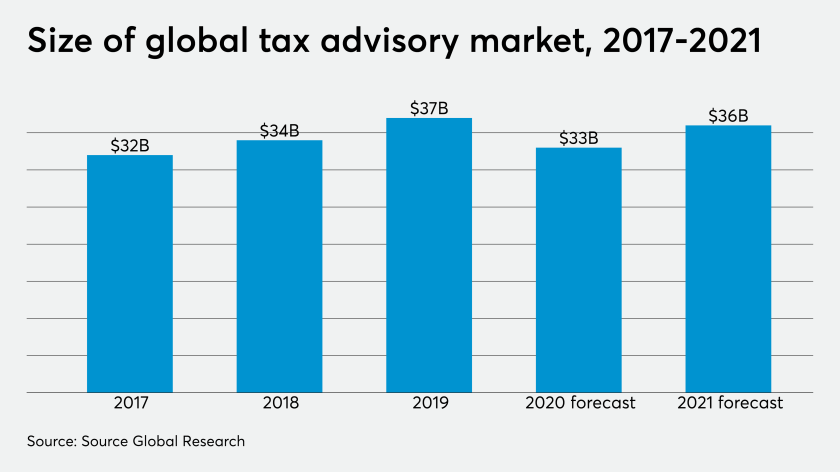For the second consecutive month, Tennessee reported state revenue collections declined by double-digit percentages in April, but not by as much as the month before.
Overall, the May report, which provides details on April revenues, shows total revenue collections were $981.94 million, compared with $1.16 billion the year before, for a year-over-year decline of 15.83%.

Collections represent revenues that were received in April when state residents were home and many businesses were closed due to the COVID-19 pandemic, according to Butch Eley, commissioner of the Department of Finance and Administration.
“While sales of autos, apparel, furniture and restaurants dropped extensively, building materials and food stores sales experienced considerable growth," Eley said in a statement. "The state also realized large drops in gasoline tax receipts, motor vehicle title and registration taxes and mixed drink revenues."
While May's report shows a decline in revenues it was far less than April's report, which reflected collections in March that were down $693.8 million, for a year-over-year decline of 39.75%.
A large portion of the decrease in revenues in the May and April reports is due to extensions the state gave for the filing of franchise and excise taxes, business taxes on gross receipts, as well as income taxes on interest on bonds and notes and dividends from stocks, said department spokeswoman Lola Potter. The April 15 filing deadline was extended to June 15.
President-elect Joe Biden will seek a deal with Republicans on another round of COVID-19 relief, rather than attempting to ram a package through without their support, according to two people familiar with the matter.
The work-from-home phenomenon has triggered a fresh frustration for U.S. corporations: Americans are blowing the whistle on their employers like never before.
Tax advisory firms took a projected $3 billion hit on their revenues around the world last year because of the coronavirus pandemic, according to a new report.
General fund revenue collections in April were less than the budgeted estimates by $144 million. Collections totaled $818 million, a decline of 14.75% from the same month in 2019.
Some 55% of the state budget relies on state sales tax collections, Potter said. Those were $112.3 million less than estimates.
Total sales tax collections were $687.13 million for a year-over-year decline of 13.36%.
The second-largest component of the state budget, franchise and excise tax revenue, came in $2.2 million less than budgeted. Total collections were $60.7 million, a decrease of 10.25% compared with the same month the year before.
Gasoline tax collections were reported at $45.2 million, a decrease of 39.88% than what was anticipated in the fiscal 2020 budget.
Motor vehicle registration fee collections were $18.75 million, a decline of 35.33% compared with April 2019.
Year-to-date revenue collections for 10 months of fiscal 2020 were $285.4 million less than the budgeted estimate. The general fund recorded $308.2 million less than the budgeted estimate.
In response to the COVID-19 pandemic, Gov. Bill Lee declared a state of emergency to facilitate the treatment and containment of the virus on March 12. He ordered public school districts to close by March 20.
On April 2, Lee issued a safer-at-home order saying it would expire April 14, but he later extended the order until April 30.
Since reopening Tennessee's economy in May, the state has begun seeing an uptick in virus cases and deaths, which Lee said had been expected as businesses reopen and people move about more and return to work.
On Thursday, the state reported 27,869 confirmed cases of COVID-19, up by 294 cases from the day before. Some 436 people have died from the virus, according to the Department of Health.




